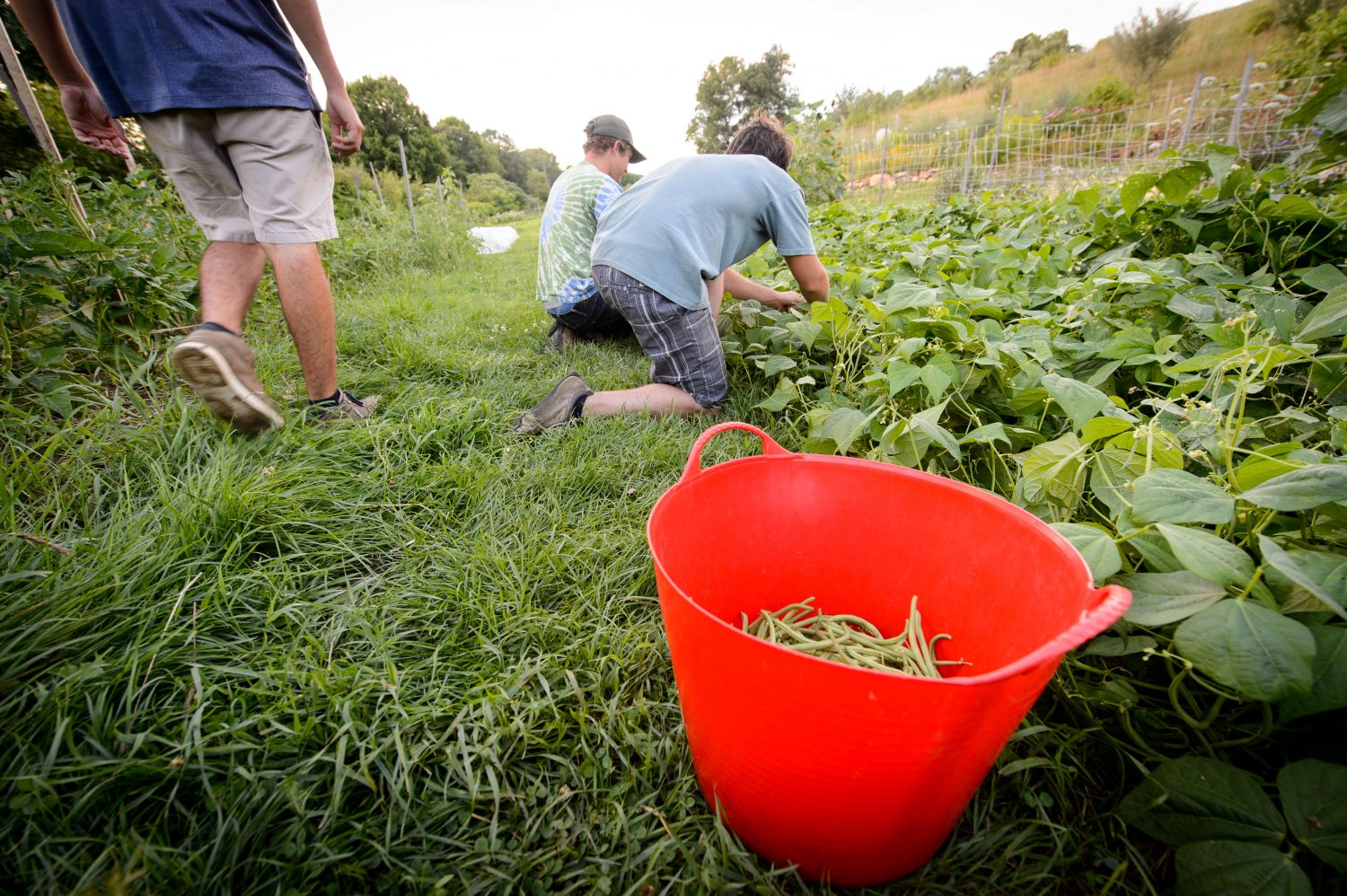UConn’s Department of Journalism and Department of Agricultural and Resource Economics (ARE) have worked together to develop a dual-degree program that allows students to simultaneously complete with a bachelor of arts in journalism and a bachelor of science in ARE. The dual degree was created in response to requests from journalism students interested in pursuing ARE as an additional area of study. The new program allows students to gain experience in applying journalistic perspective to economics, the environment, and related policy.
Emma Bojinova, a lecturer in ARE, and Maureen Croteau, professor and head of the Department of Journalism, worked together to formalize a plan of study for the program that allows completion of both degrees in four years while leaving room for electives and the fulfillment of all general education requirements. The dual degree requires eighteen additional credits beyond a single bachelor’s degree, which can be completed during the summer or winter intercessions, or by taking additional courses during fall and spring semesters. To ensure that they’re on track for graduation, students will receive specialized advising from members both departments. With careful planning, courses in both disciplines can be used to satisfy multiple requirements.
The journalism program is the only nationally accredited journalism program in New England. It prepares students for careers as reporters, editors, producers, and visual journalists in all types of fields.
“Students practice journalism in every possible form,” says Croteau.
To ensure that journalism students receive a well-rounded liberal arts education and develop a comprehensive understanding of what they plan to report on, they are strongly encouraged to pursue a second major in a related discipline.
“We tell our students we are not preparing you to be a cookie cutter journalist. They must know what they would like to be reporting about,” Croteau says.
The second major provides a background for their future writing, reporting, or editing and puts students in an excellent position to enter the job market.
A strong knowledge of the discipline in which a journalist is writing is essential in order for them to effectively communicate concepts to an audience with no background in the field. This is particularly true in a field like economics, where theory can be difficult to understand. In studying ARE, journalism students grasp economic theory by applying it to real-world issues, learning how economics data is used by policymakers and business leaders to make decisions related to the environment, agriculture, and economic development.
“A journalism major is crucial to help people understand, in ordinary terms, what the science of economics is. This merger is going to be great for the entire profession,” says Kimberly Rollins, professor and ARE department head.
In both the journalism and ARE degree programs, students learn by doing.
“The applied aspect of ARE is similar to that in journalism. We are graduating students who immediately apply what they learned,” says Croteau.
A dual degree in ARE is a natural match with journalism, Croteau says, because “we have many students who are interested in economic inequity and how it reverberates through society in terms of environmental and resource inequity.”
Journalism students may choose among three concentrations within ARE: Business Management and Marketing; Environmental Economics and Policy; or Development Economics and Policy.
“Economists talk in a coded way that doesn’t always translate effectively. Journalism majors who study economics will have the knowledge and skills to effectively communicate the results and implications of economic analysis to a nonexpert audience,” says Bojinova.



